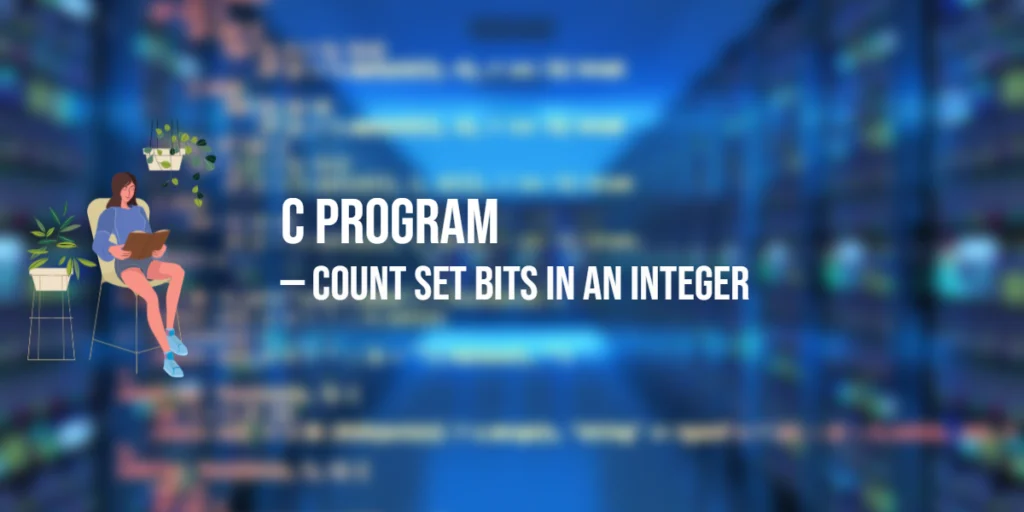Program in C to Convert Hexadecimal to Decimal
Hexadecimal numbers are base-16 numbers using digits 0–9 and letters A–F. Converting hexadecimal to decimal is a common requirement in programming, especially in memory addressing, color codes, and low-level system tasks. This article shows how to write a C program to convert a hexadecimal number into decimal format. Understanding The Problem Decimal numbers use base-10, […]
Program in C to Convert Hexadecimal to Decimal Read More »









